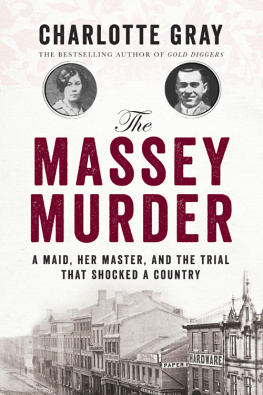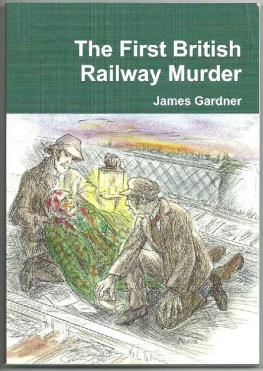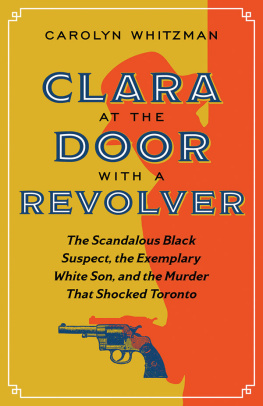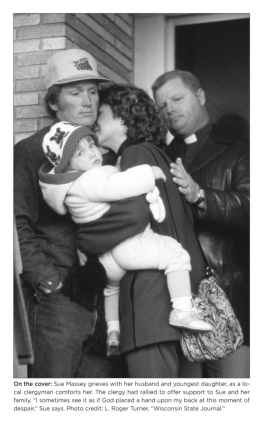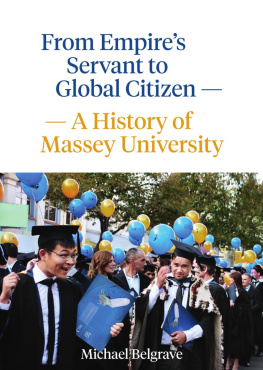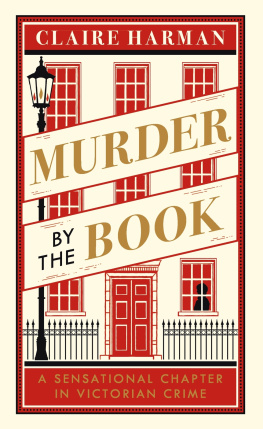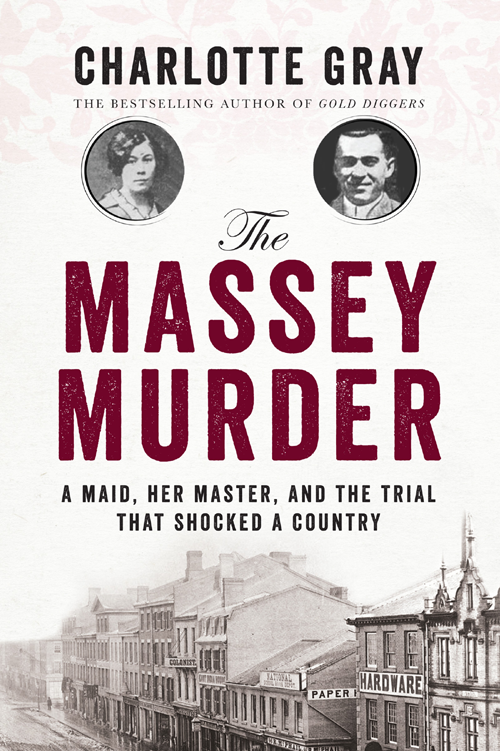I n Europe, a bloodbath had begun six months earlier. Across Canada, men volunteered to fight, and women prepared to cope alone as they watched husbands and sons march awkwardly away. Politicians talked endlessly of the War Effort; generals calculated how many battalions they could raise. A nerve-racking suspicion that the world would never be the same again was seeping into the public consciousness.
And then, on a gloomy February evening in 1915, a gunshot rang out on a quiet Toronto street. A city caught up in the midst of the greatest conflict ever known was suddenly gripped by the strange story of the maid who shot a Massey. The incident itself was unusual and shocking, but it began as a private drama. Yet it quickly mutated into a public scandal on the home front, its flames fanned by passions beyond the control of those most intimately involved.
Ostensibly, at the centre of this story is Carrie Davies, a lowly domestic servant who worked in the household of a member of one of Canadas most famous families. Yet she is the object rather than the subject of events because her fate was taken in hand by so many other actors and forces. This book is a story about Toronto in the early twentieth century, a fast-changing and divided community in the process of reinvention, and about Canada as it embarked on a century of dramatic evolution. A single bullet fired on Walmer Road had an extraordinary significance.
Most of my previous books have been about people or events that made a difference. I looked through the telescope of history and brought into focus lives that created change. Writers who helped shape Canadas literary heritage; an inventor who transformed the world by creating instant communication; a gold rush in the subarctic north that hinted at vast mineral wealth below the snow. In these books, individuals contributed to larger national and international stories, and each book covered several years (in the case of Gold Diggers: Striking It Rich on the Klondike), if not decades (in my full-length biographies of Susanna Moodie, Pauline Johnson, and Alexander Graham Bell). For each book, I was able to understand my subject from the inside, because he or she had left personal papers in which I could read what they thought and hear their voice. Yet after finishing each one of these books, I found myself wondering about forgotten lives, the long-dead individuals who left no record behind them. What happens to anonymous, powerless individuals who are swept up by events and currents completely beyond their control?
Then I discovered the case of Carrie Davies. Nobody would ever have heard of the timid eighteen-year-old if she had not run afoul of the law. She herself left none of the traces bequeathed to biographers like me, who want to hear our subjects voices. There were no letters, journals, notes, or diaries, although I know she was literate. However, I realized I could explore Carries circumstances through the record of her imprisonment and trial. I could enter not only the enthralling world of a true crime, but also the story of someone in the shadows of a past era. Carrie Davies herself remains something of an enigma, and she had no immediate impact on history. But the turmoil of her times, on both the home front and the battlefields of France, decided her fate.
So this time I have used the literary equivalent of a microscope rather than a telescope as I gazed backwards across the years. It allowed me to bring into sharp focus day-to-day events that convulsed a city during three crucial weeks. Then I lifted my head from the eyepiece and set the various characters I discovered onto the larger landscape of history that drove the conclusion. No one appreciated it at the time, but the Carrie Davies case gave spectators a glimpse of the Canada to come.
My sources for the legal case that is at the core of the story were limited. I had to rely on the official report of the coroners inquest, plus newspaper articles. But I was lucky. For reasons that I describe, the day-to-day coverage of this shooting was detailed and vivid. Different newspapers gave radically different accounts. The passions aroused were as strong as any triggered by more recent violent events that have involved difficult ethical questions.
The background to Carries case was extensive: my challenge was to prevent the layers of circumstantial detail from overshadowing the story. In 1915, Canada was abuzz with -isms: militarism, imperialism, feminism, and nascent nationalism. Each of these movements affected Carries case, although she herself probably knew nothing about them. But she was a cork floating on powerful cross-currents of assumptions about class, race, and gender: her canny lawyer, Hartley Dewart, used those currents to her advantage.
Nonetheless, Carrie Davies is the central figure of this book, and I have had to use all the conventions of narrative non-fiction to bring this silent witness to life. I imagine, but I do not invent. I do not fabricate characters, events, or dialogueanything in quotation marks comes from a written source. Physical descriptions, of people and buildings, come from photographic evidence. However, I speculate and I interpret, based on empirical evidence and knowledge of common practice and human behaviour. I do so cautiously, and only when I am confident that I am more likely to be right than wrong. In the words of the historian Modris Eksteins, For facts to become memorable, an element of fiction [is] essential.
And sometimes, that element is the only way to understand what it was like to actually be there, as the ordered world crumbled and war broke the old vision.
A T 169 W ALMER R OAD , T ORONTO
Charles Albert Bert Massey, 34, Studebaker car salesman, house owner, and grandson of the late Hart Massey
Rhoda Vandergrift Massey, 34, Berts wife
Charles Massey, 14, Berts son
Carrie Davies, 18, English-born housemaid
A T 326 M ORLEY A VENUE , T ORONTO
Ed Fairchild, Carries brother-in-law, foreman with Jas. R. Wickett, Ltd., a building firm Maud Davies Fairchild, 22, Carries older sister and Eds wife
Two small children, Bobby and Joyce
M ASSEY F AMILY M EMBERS
Arthur Lyman Massey, 41, Bert Masseys brother, resident of 165 Admiral Road
Mary Ethel Massey, 38, wife of Arthur and sister-in-law of Bert Massey
Vincent Massey, 27, cousin, resident of 515 Jarvis Street
Fred Massey, cousin
T HE P OLICE
Patrol Sergeant Lawrence Brown, from Police Station 11 on London Street
Constable Follis, Police Station 11
Constable Martin, Police Station 11
Inspector George Kennedy, senior detective, City Hall
Constable Mary Minty, Torontos first female police constable
Colonel Henry James Grasett, 67, chief constable of Toronto
O FFICERS OF THE C OURT AND J USTICE S YSTEM
Colonel George Taylor Denison, 75, chief magistrate, resident of Heydon Villa, Toronto
Mr. Chapman, police court clerk
Rev. Dr. Andrew B. Chambers, governor of Don Jail
Mrs. Sinclair, superintendent of Womens Department, Don Jail
Miss Carmichael, matron of hospital wing, Don Jail
Dr. Arthur Jukes Johnson, 67, chief coroner of Toronto
Sir William Mulock, 72, chief justice of the Exchequer Division of the Supreme Court of Ontario (later simply chief justice of the Supreme Court)

